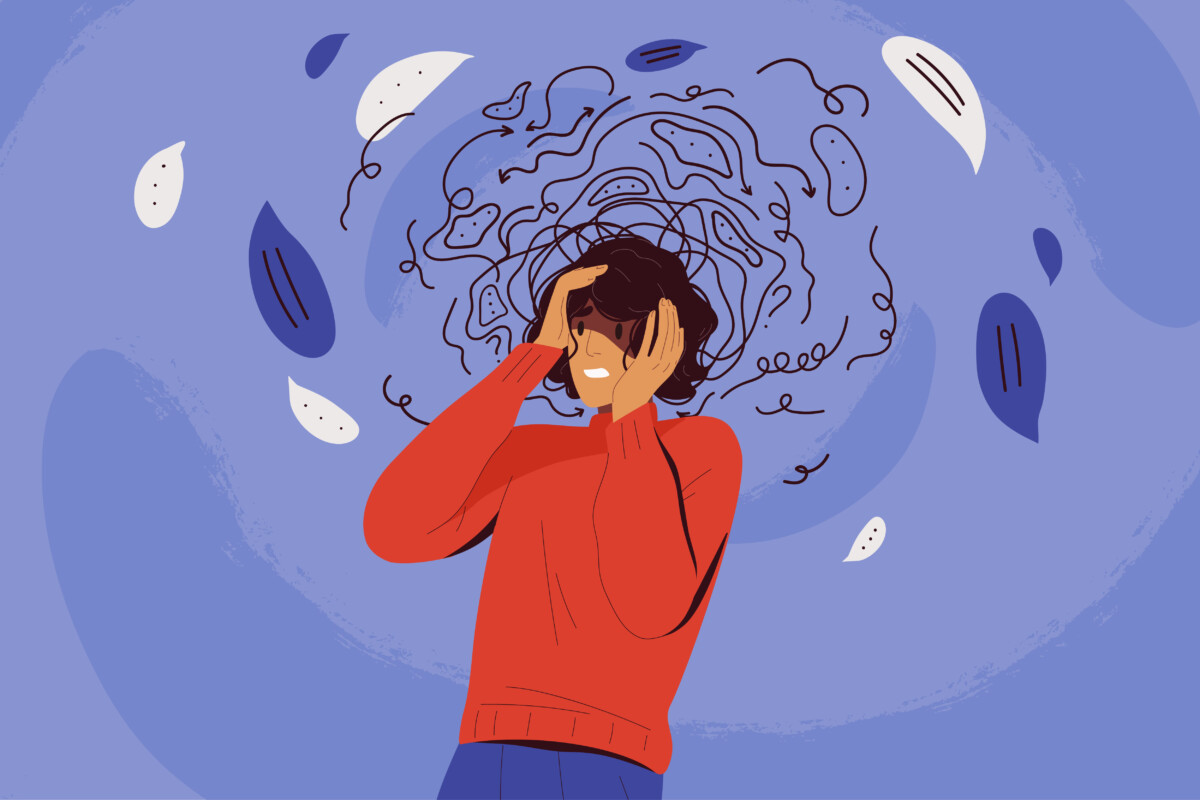When Will We All Be OK? Stress, Trauma and Covid-19

In a recent survey, the American Psychological Association found that 63% of respondents said their lives had been permanently changed by the Covid-19 pandemic. Not all of these changes are changes for the worse, as 51% of respondents said that their life was merely different, not any better and not any worse.
These results do indicate, however, that for many people, the time before Covid and the time after it will forever be marked in their memories. For a significant number of people, if not the majority, life may forever be divided into “before Covid when life was better” and “after Covid when life was worse”.
Georgia State University researchers have also been looking at the risk of post-Covid trauma among different populations. What they have found is that some people were at greater risk of experiencing pandemic-associated trauma, including Post-Traumatic Stress Disorder than others. When people have experienced trauma in the past, it affects how they respond to trauma in the future. In other words, trauma stacked on trauma has a cumulative effect. People who entered the pandemic with a history of past trauma were found to be more likely to develop PTSD than those who entered the pandemic without such a history. Two Years of Trauma (gsu.edu)
Now that the Covid pandemic is moving past us, the Harris “Stress in America” poll, that has been conducted for the past 15 years, indicates that Americans, in general, are more deeply affected by other stressors than they were before the pandemic occurred. Response to the invasion of the Ukraine, inflation, supply chain issues and other concerns have pushed poll numbers higher than ever before.
Archur C Evans, Jr., Ph.D., and CEO of the APA on whose behalf the poll is conducted, said,
“The number of people who say they’re significantly stressed about these most recent events is stunning relative to what we’ve seen since we began the survey in 2007. Americans have been doing their best to persevere over these past two tumultuous years, but these data suggest that we’re now reaching unprecedented levels of stress that will challenge our ability to cope.” Inflation, war push stress to alarming levels at two-year COVID-19 anniversary (apa.org)
Individual stress in response to a crisis is normal. What is not normal, is having so many people subjected to stress all at the same time, all by the same cause, for such an extended period of time. Given the current situation’s extreme nature, the “Stress in America” poll results are not all that surprising.
Trauma and stress have a tendency to affect our interpretation of the events occurring in our own lives, as well as in the lives of those around us. When so many people around us are experiencing trauma and stress, it’s hard to judge the truth of our perceptions. Are we ok? Are we not ok? Are we ever going to be ok again? These questions become more and more difficult to answer.
There is no single solution to dealing with post-Covid stress and confusion. However, there are some mechanisms for coping. The “noise” of the news and public opinion is much less relevant to our lives than our own day-to-day experiences. Sometimes tuning out this noise can help create a silent space where we can listen to the truth of our experience. Are we really afraid for the future? Or are we maybe less afraid than we thought we were? If we are, maybe we really are ok.
